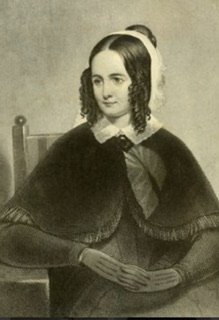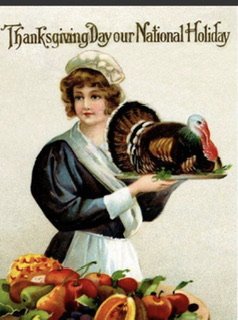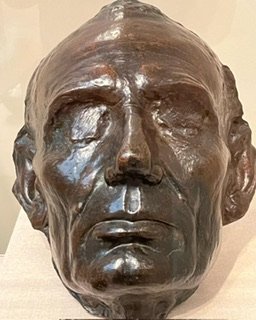Colonialism is a more complicated phenomenon than it may first appear. Not only has it manifested in multiple ways, but since the 20th century, it has been increasingly challenged, dismantled, and redefined by colonized peoples and states. This has resulted in theories, practices, and movements, such as decolonialism, anti-colonialism, and post-colonialism, that can be difficult to distinguish from each other, as some users apply them more interchangeably than others.
Imperialism- The practice and/or policy of a state or people extending its authority into other territories for political or economic gain.
Colonialism- Appropriation, occupation, and/or control of one territory by another, usually defined by resource or wealth extraction.
Settler Colonialism- Distinguished from traditional colonialism wherein resources and wealth are extracted from the colonized territory to the colonizing territory (often called the metropole).
Settler colonialism is defined by the settlers creating a new colonizing territory on the territory of the colonized, (ex. USA, Australia, South Africa).
Decolonialism/Decolonization- The process of a colonized territory or people gaining independence, often implemented problematically by colonizers themselves.
Neocolonialism- Control and/or exploitation of one territory by another through indirect means, particularly of formerly conquered or dependent territories.
Anti-colonialism- Resistance to and action against colonizing powers by the colonized. Can be formal organizations or more decentralized movements. Often referred to as decolonialism.
Post-colonialism- Can refer to a specific historical period of any given place or region after one defined by imperialism or colonialism, or to a more globalized intellectual and political project of rethinking world affairs in the aftermath of “Western colonialism” from the 1950s through to the present (Western meaning Western European).
World Map of the 3 Worlds Model. © 1998–2006. nationsonline.org




